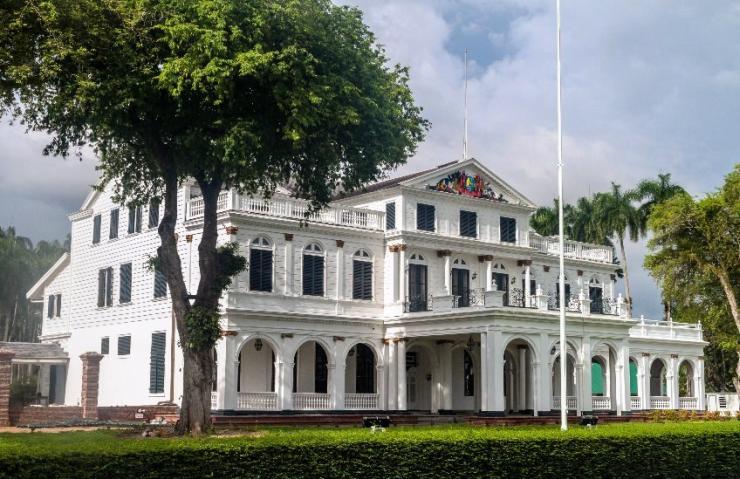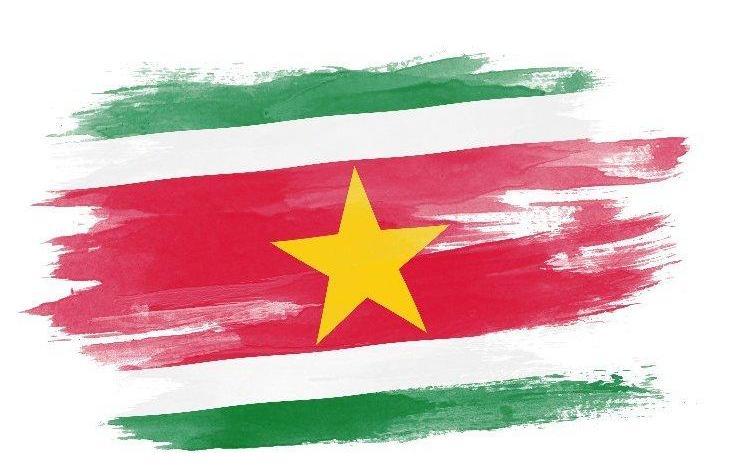New political openings.

Suriname is a unitary Republic with executive power vested in the President of the Republic, who is elected by the members of parliament for a five-year term; while the Chamber, composed of 51 seats, has legislative power. The 51 members of the assembly are chosen from the ten electoral districts into which the country is…
Read more



